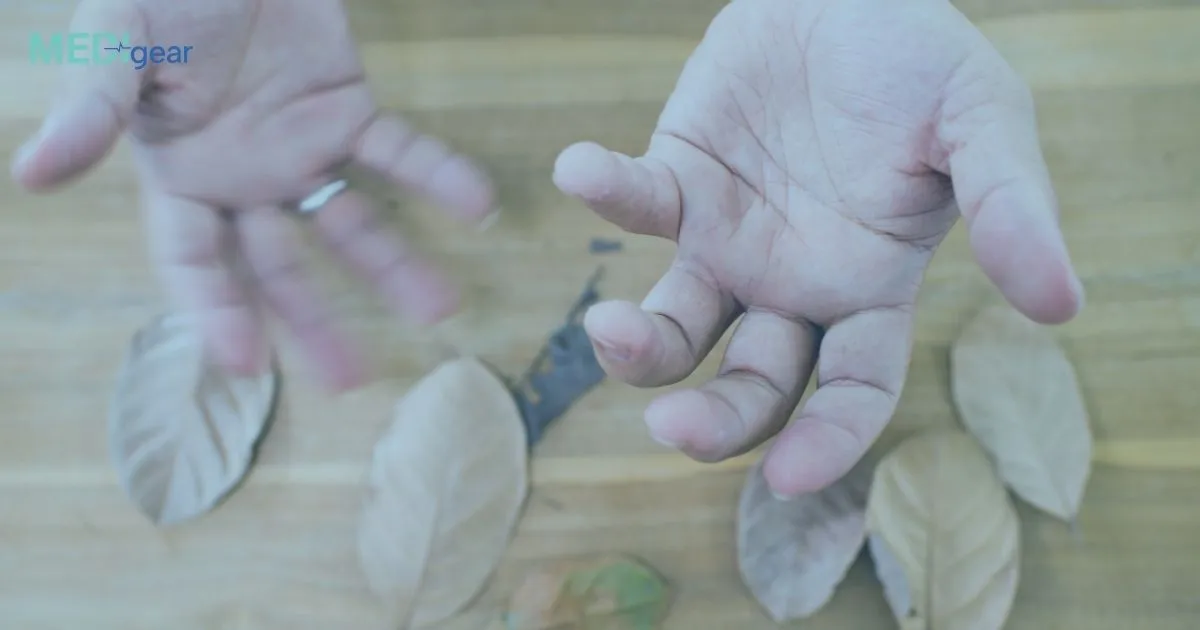1. What Are Immunotherapies?
Cancer immunotherapies harness the body’s immune system to identify and attack malignant cells. Unlike chemotherapy or radiation, which target both healthy and cancerous tissues, immunotherapies are more precise. Checkpoint inhibitors (such as pembrolizumab and nivolumab), CAR-T and TCR cell therapies, therapeutic vaccines, and oncolytic viruses have opened the door to long-term remission and durable survival outcomes in many cancers.
2. Clinical Success Across Cancer Types
- Melanoma: Checkpoint inhibitors like pembrolizumab and nivolumab have improved five-year survival rates, with combinations such as nivolumab plus ipilimumab achieving long-lasting remissions.
- Lung Cancer: Pembrolizumab has extended survival in patients with PD-L1-positive non-small cell lung cancer. Combination therapies have further improved three-year survival outcomes.
- Breast Cancer: For triple-negative breast cancer, pembrolizumab combined with chemotherapy has extended overall survival, while nivolumab with chemotherapy has nearly doubled complete response rates in some clinical trials.
- Renal Cell Carcinoma: The combination of nivolumab and ipilimumab has raised five-year survival rates significantly compared to older treatments.
- Head and Neck Cancers: Adding pembrolizumab to standard care has extended remission durations to nearly five years for some patients.
3. Groundbreaking Trials and New Approaches
- Dostarlimab in MMRd Cancers: In a landmark trial, 100% of rectal cancer patients achieved complete remission without needing surgery. In broader mismatch repair-deficient tumors, most patients achieved long-lasting remission.
- Personalized Cancer Vaccines: A personalized renal cancer vaccine eliminated disease in trial patients, all of whom remained cancer-free for years.
- Cell Therapies: Lifileucel, a tumor-infiltrating lymphocyte therapy, has shown durable responses in melanoma, while Tecelra, a TCR therapy, is the first of its kind approved for a solid tumor.
- Oncolytic Viruses: T-VEC, a genetically modified herpes virus, has shown strong responses in melanoma with generally mild side effects.
- Novel Biological Approaches: Therapies targeting pathways like STAT3 or even engineered bacteria are showing early promise in reducing or controlling tumors.
4. Challenges and Limitations
While progress is significant, immunotherapy is not effective for everyone:
- Variable Response Rates: Only 20–50% of patients respond depending on cancer type and biomarkers.
- Resistance and Relapse: Some patients initially benefit but later relapse due to genetic or immune escape mechanisms.
- Side Effects: Although milder than chemotherapy in many cases, immunotherapy can trigger serious immune-related conditions.
- Cost and Accessibility: High costs and complex administration limit access in many regions. Efforts to develop affordable and widely available treatments are ongoing.
5. Looking Ahead
Future directions include better use of biomarkers to predict response, combining immunotherapies with chemotherapy or targeted drugs, and the development of next-generation cancer vaccines and bacterial therapies. These advances are bringing cancer treatment closer to a new era of personalization, longer survival, and improved quality of life for patients.
Disclaimer
This blog provides general information for educational purposes only. It is not medical advice. For cancer treatment decisions, patients should always consult with a qualified healthcare professional.
Sources
- Hiranandani Hospital
- Immuno-Oncology Society
- News Medical
- The Guardian
- New York Post






